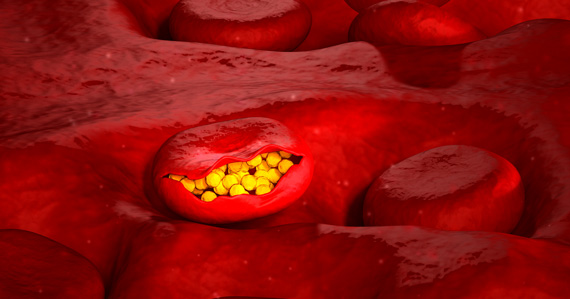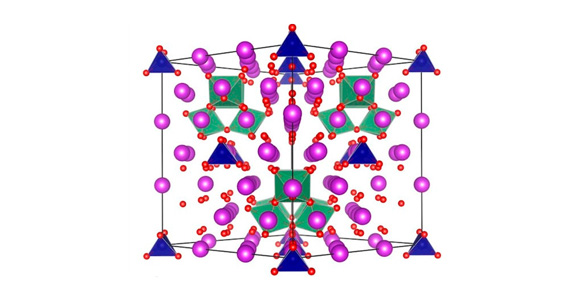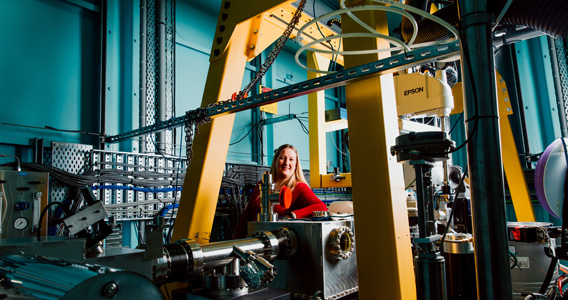- Deliver university based education and student projects
Presently there are a small number of university based courses that lightly touch on the topic of accelerator science, mostly from the point of view of a user. ACAS will enable the development of dedicated accelerator science subjects directly aimed to a Masters course in accelerator physics. Students are already able to conduct projects at accelerator facilities with staff acting as co-supervisors with university based academic supervisors. The appointment of joint academic positions linked to the accelerator collaboration will further strengthen the link to students, and through the research projects and teaching increase the publication rate and the academically measurable research output.
- Keep Australia up-to-date in accelerator science
Accelerator science is heavily reliant on a broad range of user communities from many areas of science. It cannot be overstated how broad the range of scientific fields that use accelerators is, from mineral exploration to drug development, forensics to food technology and archaeology to cell biology to name just a few. The quality of the accelerator facilities available to Australian scientists must be maintained at a high standard to provide the research environment necessary fo scientific discovery in all fields. In order to achieve this, it is necessary to be involved in the world accelerator community at the collaborative research program level.
Through ACAS’s planning and facilitation, staff scientists, academic research partners as well as undergraduate and research students will have access to the best laboratories through international collaborations, schools, conferences, workshops and equipment. ACAS will provide the opportunity for the accelerator science community to conduct the research and training activities necessary to develop accelerator facilities for synchrotron science, fundamental nuclear physics, nuclear microprobe for materials, mass spectrometry, nuclear medicine, radiation dosimetry and calibration standards. This nationally coordinated framework will also nurture and inspire the next generation of scientist to work in the field of accelerator science and design the accelerators of the future.
- Direct funding into high priority research
Many centres have been formed in Australia that are geared to scientists who use accelerators to conduct their research, thereby attracting funding and improving the science output from those fields. With this new national collaboration, funding will now be attracted to accelerator science which underpins the other National Research Priorities. In this manner funding could be targeted at the highest priority research areas and the community’s efforts strategically focussed.
- Capitalise on investment in accelerator based user facilities
In the past decade a significant investment has been made in accelerator based science in Australia. A new synchrotron light source, the Australian Synchrotron, has been built, one of the largest single investments in Australian science in decades, new medical accelerators have been commissioned at government agencies and hospitals and world-class university based ion accelerators have been upgraded and improved. As a result, it was recognised that it is in Australia’s strategic interest to continue to maintain and develop accelerator based science facilities for the broad base of current and future users.
Until now accelerator scientists have collaborated informally to keep up-to-date with developments across the country. ACAS will keep abreast of the needs of the accelerator community and formulate strategies for resource planning, not just in terms of capital expenditure, but to ensure that Australia has the teaching and skills development necessary to run national laboratories into the future.
- Foster collaborative research to maintain facilities
Taking into account the breadth of accelerator science conducted in Australia it makes strategic sense to collaborate strongly in all the overlapping areas of research and development across all the national accelerator facilities. ACAS will foster these collaborations and identify areas where skills from other facilities can be deployed to improve research capabilities and deliver projects to accelerator based science users.
- Research to develop new facilities and innovative technology
Considerable intellectual effort has been made to build, operate and develop the accelerator facilities in Australia. ACAS will harness the demonstrated skills and capabilities required to conduct advanced accelerator science and ensure these skills are maintained and developed through to the next generation of scientists. Challenges still exist for the Australian accelerator facilities to continue to provide leading edge tools for the whole scientific community. In order to thoroughly tackle these challenges requires research by a dedicated group of professional scientists and students in government, academia and industry. As the user groups on the current accelerators gain more experience and extend the boundaries of what science can do, accelerator scientists will need to respond by developing new techniques and technologies. At present the required time spent on research compared to maintenance and development, needs to be increased to keep our accelerator facilities competitive. Research skills, computer modelling, equipment and students can be delivered to the accelerator science community through a national collaboration that harnesses the strong links already in place. It will also provide a direct funding channel that can drive accelerator science, rather than relying on trickle-down funding through user programs.











